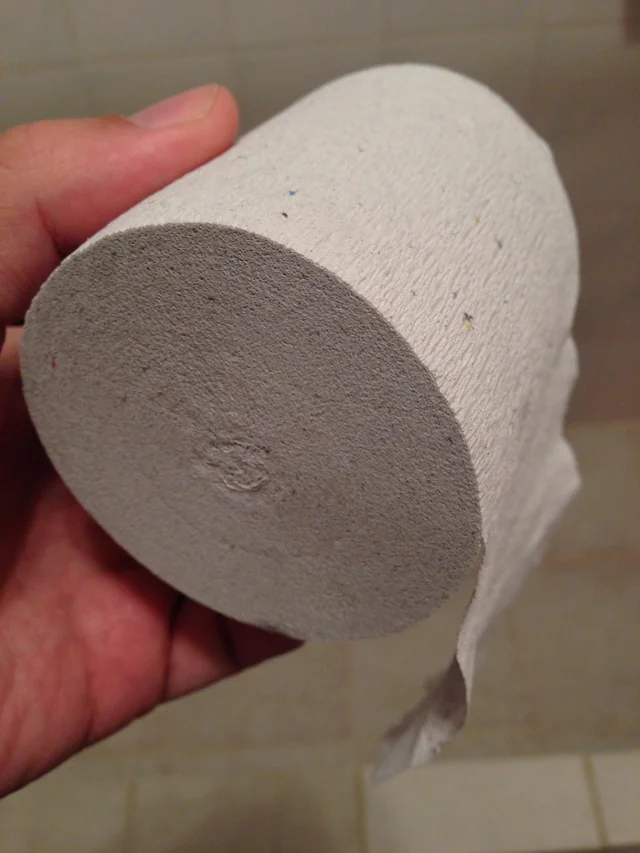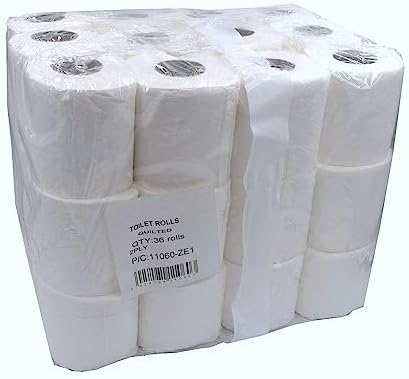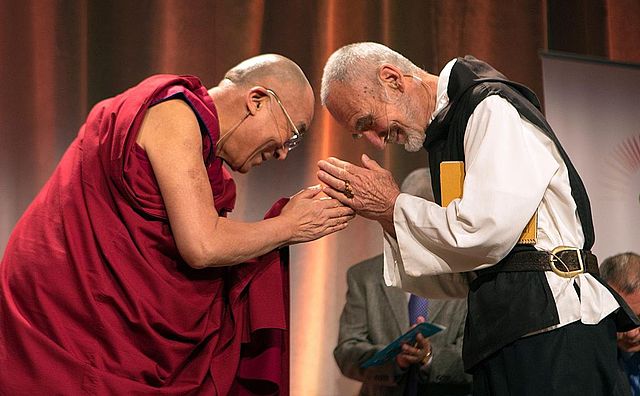First, consider a question you probably don’t think about often and might consider indelicate: how you clean your bum after you do a poo? Hold the thought, it’ll come in handy in a sec later.
TED talks. While they might have been an exciting new thing when they first started coming out online in 2006, I’ve found that the signal-to-noise ratio has dropped a lot. If you’re interested, Martin Robbins has a meatier critique of the whole TED enterprise. However, there still are some that are excellent. Here’s one on why humanity hasn’t yet eradicated malaria:
Shah lists three main reasons: scientific, logistical and cultural. There’s plenty to say for all of them but I want to focus on the cultural. From the transcript:
But along with the scientific challenge and the economic challenge, there’s also a cultural challenge, and this is probably the part about malaria that people don’t like to talk about. And it’s the paradox that the people who have the most malaria in the world tend to care about it the least. This has been the finding of medical anthropologists again and again. They ask people in malarious parts of the world, “What do you think about malaria?” And they don’t say, “It’s a killer disease. We’re scared of it.” They say, “Malaria is a normal problem of life.” And that was certainly my personal experience. When I told my relatives in India that I was writing a book about malaria, they kind of looked at me like I told them I was writing a book about warts or something. Like, why would you write about something so boring, so ordinary?
One of the pitfalls that comes with looking at the cultural context is the conversation can easily become racially charged. It’s been claimed for centuries that the people suffering from the worst of global poverty, hunger and disease ‘deserve’ it because they’re “inferior/stupid/subhuman” and so on. Even if most people wouldnt think such thoughts explicitly (would they?) it still colours our thinking. A slightly subtler version of the same attitude that’s probably unremarkable today is the idea that “it’s time for third world countries to put the past behind them and stop focussing on their victimhood”.
Of course, it is possible to push too far the other way. For example, you start thinking that organising anti-malaria campaigns in the foreign countries is inherently imperialistic and infantalises the population. To this, my response (to steal the rhetoric of this post) is:
- Malaria is thought to kill 1.2 million people a year directly (to say nothing of the immense indirect harm).
- Fuck you
To maintain a balance between paternalistic stereotypes and isolationism, we need to put the cultural norms that allow malaria to thrive into a proper context. The Shah provides is this:
Imagine, for example, if a bunch of well-meaning Kenyans came up to those of us in the temperate world and said, “You know, you people have a lot of cold and flu. We’ve designed this great, easy-to-use, cheap tool, we’re going to give it to you for free. It’s called a face mask, and all you need to do is wear it every day during cold and flu season when you go to school and when you go to work.” Would we do that?
It’s a great analogy because, as the talk goes on to say, malaria is a lot like the flu. If someone survives to the age of two without dying from malaria, they are likely to have many more future episodes but the vast majority of these will resolve themselves. The harm is therefore not obvious. But more importantly, it’s just how things are done (not taking malaria or the flu seriously). But I do think the bum cleaning example is even more powerful.
Let’s be deliberately whiggish about bum cleaning and imagine various methods neatly arranged in a linear line of PROGRESS!!1!
First, we have wiping the bum with sticks, leaves, rocks, rags, corn cobs, wooden skewers and so forth. This was done since time immemorial. The idea it probably disgusts you and might make also make you cringe with discomfort.

The next stage is using crude paper to wipe. It might have the consistency of sandpaper. Here’s a photo I took in Kyrgyzstan. Later in the trip, we’d go on to call Central Asian toilet paper “corrugated cardboard”.

The next stage — softer and more comfortable paper — is probably what most readers would have thought of if they played along with the post. We’re generally comfortable with the idea. Interestingly, if we fell into a muddy puddle, the thought of using a paper towel to wipe the mud off ourselves while dry (instead of just showering) would seem pretty out there.
From this, it should be obvious that industrialised Western countries aren’t the pinnacle of bum cleaning evolution. In fact, water makes a lot more sense from a hygienic, comfort AND aesthetic standpoint. The ONLY reason we’re still wiping is cultural inertia. All that disgust, cringing at the discomfort and speculation of bad hygiene that we might feel towards stick-and-wooden-skewer societies is what water-based societies are likely to feel about US. And it wouldn’t even have to be a futuristic Japanese-toilet user but anyone who’s used to water as their cultural method.
So, how would you convince everyone in your home country to start using water? With great difficulty. Hopefully seeing your own culture from the outside has shown that we’re all prone to this, and there’s nothing special about any country when it comes to public health. This is important in terms of keeping up the motivation to eradicate malaria and also in choosing which methods we support — ones that are culturally-relevant, non-patronising and understanding of our shared humanity.





0 Comments